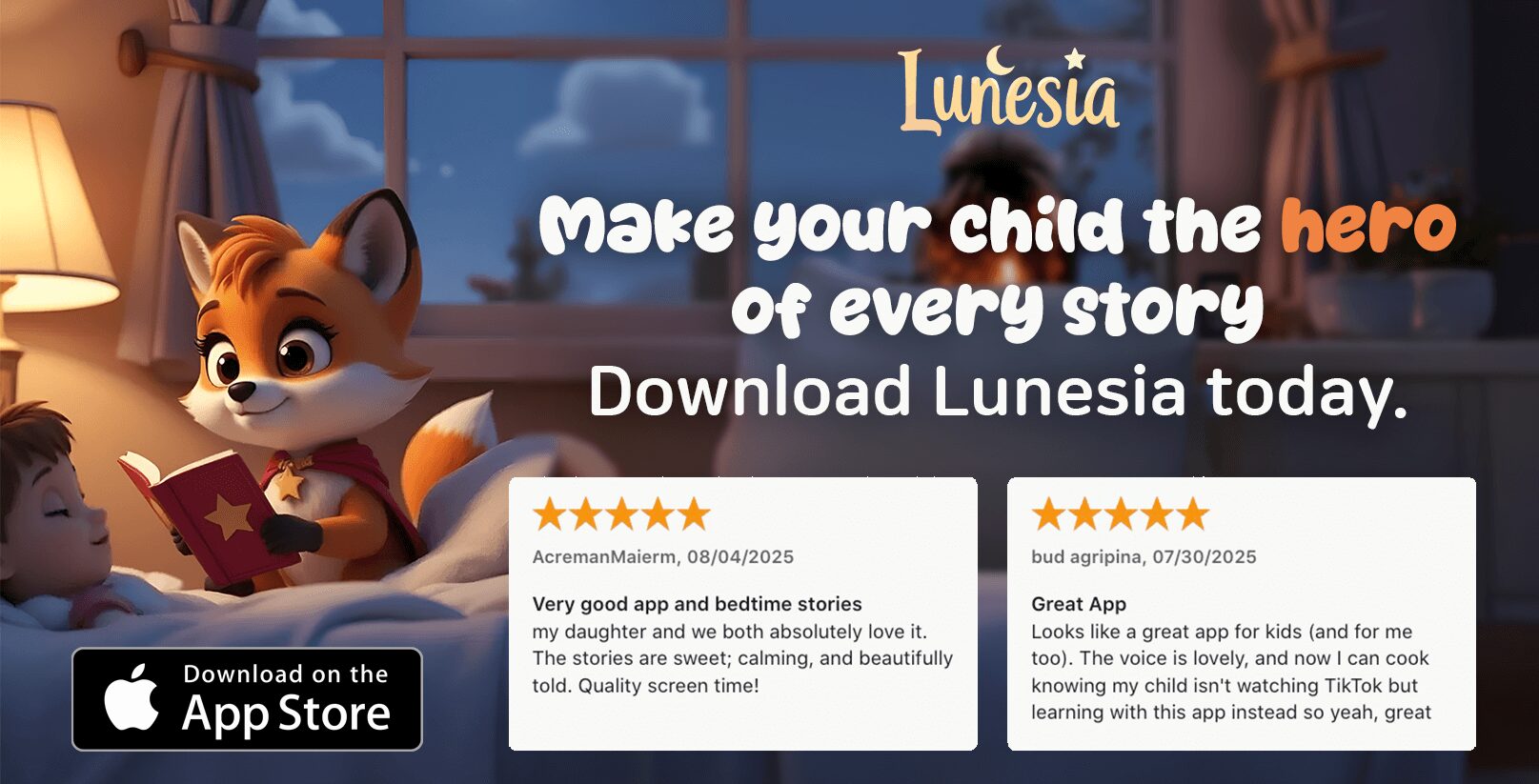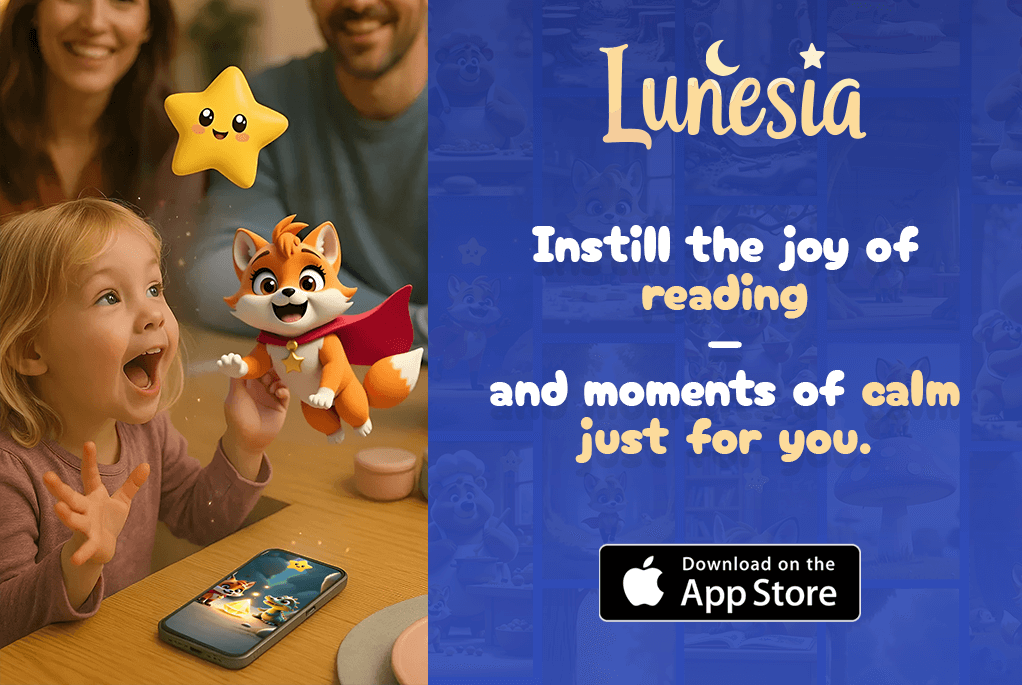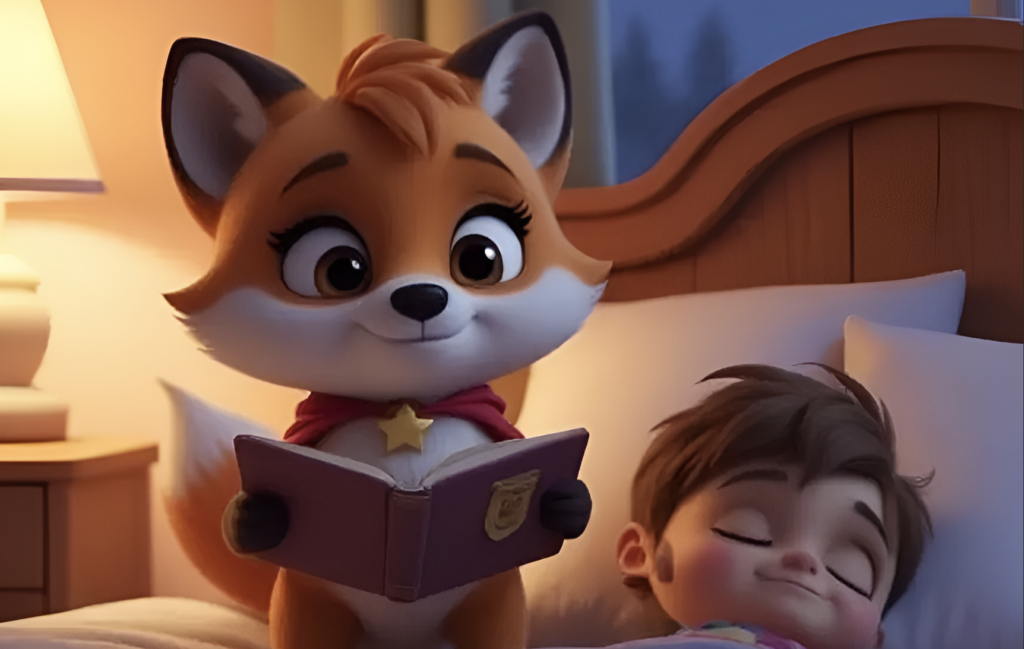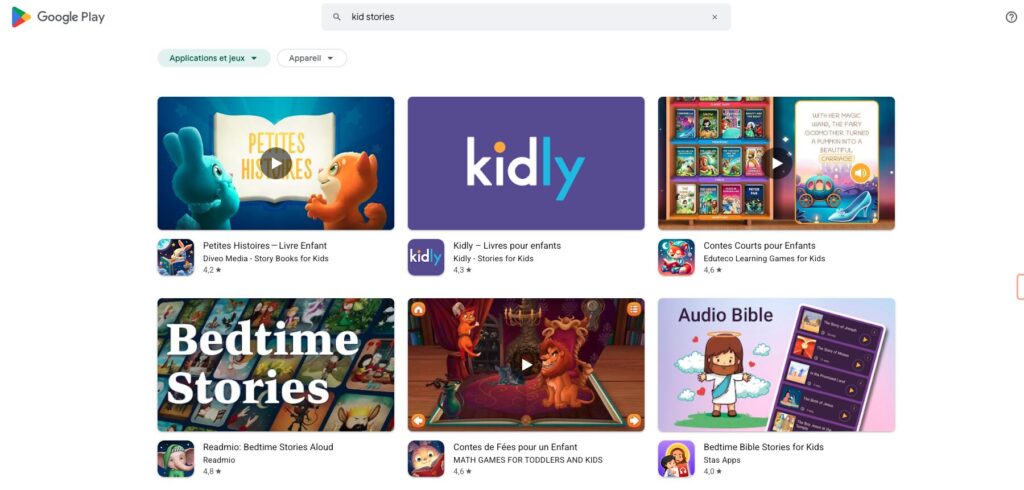As a parent, I’ve often found myself torn between the convenience of modern technology and the timeless charm of physical books. It’s a dilemma many of us face, especially when it comes to creating meaningful moments with our kids. Should we embrace apps like Lunesia, or stick to the traditional pages of a book? The answer isn’t always clear.

I remember the first time I introduced Lunesia to my child. The app’s short, engaging stories made reading feel effortless. Yet, I couldn’t shake the nostalgia of holding a book, flipping through its pages, and watching my child’s eyes light up. It’s a decision that carries emotional weight, balancing convenience with the developmental benefits of reading.
Studies, like the one from the University of Michigan involving 72 parents and their toddlers, highlight the importance of this choice. Apps like Lunesia, which even won the Mom’s Choice GOLD Award, offer innovative features. But can they truly replace the tactile experience of a book? This article aims to help you navigate this modern parenting challenge—without judgment.
Whether you’re exploring Lunesia or sticking to traditional books, the goal is the same: fostering a love for reading in your child. Let’s dive in and find what works best for your family.
Introduction: The Debate Between Apps and Books for Bedtime Stories
The way we share stories with our children has evolved, sparking a debate between digital and traditional methods. As parents, we want to provide the best for our kids, but the choices can feel overwhelming. Should we embrace modern tools or stick to the classics? Let’s explore this topic together.
Why Storytelling Matters for Children
Storytelling plays a crucial role in a child’s development. According to the American Academy of Pediatrics, reading to kids from birth enhances their language skills and strengthens the bond between parent and child. It’s not just about the words—it’s about the connection.
Additionally, early routines like storytelling can have a lifelong impact. A startling statistic from the Wall Street Journal reveals that 35% of adults struggle with sleep, highlighting the importance of establishing healthy habits early on.
The Rise of Digital Tools Like Lunesia
In recent years, apps have emerged as a popular alternative to traditional storytelling. Tools like Lunesia offer interactive features, such as making choices that influence the plot’s direction. This fosters creativity and decision-making in kids, making the experience engaging and fun.
However, the question remains: Do these animations enhance engagement or create distractions during wind-down time? It’s a balance that parents must navigate carefully.
Purpose of the Comparison: Can Apps Replace Traditional Books?
The goal of this comparison isn’t to declare a winner but to help parents make informed decisions. A University of Michigan study found that 93% of participants were mothers, emphasizing their role in shaping bedtime routines. Whether you choose an app or a book, the focus should be on creating meaningful moments with your child.
| Feature | Traditional Books | Digital Apps |
|---|---|---|
| Interaction | Parent-child bonding | Interactive choices |
| Distractions | Minimal | Potential for screen distractions |
| Accessibility | Requires physical presence | Available anytime, anywhere |
Benefits of Traditional Books for Bedtime Reading
There’s something undeniably special about holding a physical book in your hands, especially when sharing it with your child. The experience goes beyond the story itself—it’s about the connection, the quiet moments, and the memories you create together.
Enhanced Parent-Child Interaction
Research from the University of Michigan found that physical books encourage 33% more verbal interactions between parents and children. When you read a book together, you naturally pause to discuss the pictures, ask questions, and share reactions. This back-and-forth strengthens your bond and helps your child develop language skills.
As one pediatrician noted, “Co-viewing is essential for digital media to maintain its benefits, but books naturally foster this interaction.” The simplicity of a book allows you to focus entirely on your child, creating a meaningful experience.

Reduced Distractions Compared to Digital Devices
Unlike digital apps, books don’t come with pop-ups, notifications, or accidental taps. The tactile experience of turning pages keeps your child engaged without the risk of distractions. A study comparing traditional and digital versions of nursery rhymes found that the physical format performed better because it eliminated interface clutter.
This focus is especially important during wind-down time. As one parent shared, “With a book, it’s just us and the story—no interruptions.”
Long-Term Developmental Benefits
Reading physical books with your child has lasting effects. Studies show that children exposed to regular storytelling often have better language skills, emotional regulation, and memory retention. The characters and plots also teach valuable life lessons, such as kindness and problem-solving.
Moreover, these shared moments become cherished memories. As one mother put it, “Our book rituals are our snuggle time—it’s something my child will always remember.”
Whether you’re exploring digital bedtime stories apps or sticking to traditional books, the goal is the same: fostering a love for reading in your child. Each option has its strengths, but the simplicity and connection of a physical book are hard to beat.
Advantages of Using a Bedtime Stories App Like Lunesia
In today’s fast-paced world, finding tools that simplify parenting while enriching our children’s lives is a game-changer. Apps like Lunesia offer a modern solution to storytelling, blending convenience with creativity. Let’s explore why these digital tools are becoming a favorite among parents.
Convenience and Accessibility
One of the biggest perks of using an app is its accessibility. Whether you’re at home or on vacation, you can carry hundreds of stories in your pocket. “I used to pack a stack of books for trips, but now I just bring my phone,” shares one parent. With over 240 titles available, apps like Lunesia eliminate the need for heavy bags.
Additionally, features like “Read For Me” mode are a lifesaver on exhausting days. You can still provide a calming experience for your child without lifting a finger. It’s a guilt-free way to keep the routine intact.
Interactive Features and Engaging Content
Apps like Lunesia take storytelling to the next level with interactive elements. Kids can make choices that influence the plot, fostering creativity and decision-making. “My son loves picking what happens next—it keeps him engaged,” says another parent.
Rewards systems, such as achievement boards, also motivate reluctant readers. These features turn reading into a fun, goal-oriented activity, making it easier to encourage consistent habits.
Variety of Stories and Customization Options
With a vast library of stories, apps cater to diverse interests and age groups. Whether your child loves fairy tales or adventures, there’s something for everyone. “I love how I can find stories that match my daughter’s mood,” notes a satisfied user.
Customization options, like adjustable font sizes, make these tools inclusive for early readers or those with visual impairments. It’s a thoughtful touch that ensures every child can enjoy the experience.
In the end, apps like Lunesia offer a blend of convenience, engagement, and variety that can complement traditional storytelling. They’re not a replacement but a valuable addition to your parenting toolkit.
Bedtime Stories App vs. Book: What the Research Says
When it comes to choosing between digital tools and physical books for reading, research offers valuable insights. Understanding the science behind these choices can help parents make informed decisions for their children.

Findings from the University of Michigan Study
A study from the University of Michigan compared three Fisher-Price apps with identical book texts. Researchers found that toddlers ignored 60% more parent comments during app use. This suggests that interactive features, while engaging, may reduce meaningful parent-child interactions.
One researcher noted, “App design features impede responses, despite parents’ best efforts.” This highlights the challenge of balancing engagement with connection during reading time.
Impact of Screen Time on Sleep Quality
Screen time, especially after 7 PM, can suppress melatonin production. This hormone is crucial for sleep, and its delay can lead to difficulty falling asleep. “Blue light from screens can trick the brain into thinking it’s still daytime,” explains a sleep expert.
For parents, this means being mindful of when and how digital tools are used. Limiting screen exposure before bed can help maintain healthy sleep patterns for children.
Expert Opinions on Balancing Apps and Books
The American Academy of Pediatrics recommends “co-viewing” when using apps. This means parents actively engage with their children during digital reading sessions. It’s a compromise that combines the benefits of technology with the bonding of traditional storytelling.
Experts also suggest alternating between apps and books. This approach allows children to enjoy the variety of digital tools while still benefiting from the tactile experience of physical books.
Ultimately, the goal is to create a balanced routine that fosters a love for reading. Whether you choose an app or a book, the focus should be on meaningful moments with your child.
Conclusion: Finding the Right Balance for Your Child
Finding the right balance between digital tools and traditional methods can feel overwhelming, but it’s worth the effort for your child’s growth. A hybrid approach works wonders—use books for weekends and apps like Lunesia for travel or stressful nights. This keeps the routine fresh and engaging.
Cost is another factor to consider. An annual subscription to top children’s story apps can be more affordable than constantly buying new books. Plus, apps offer variety and convenience, especially when you’re on the go.
If you use apps in the evening, enable night mode to reduce blue light exposure. This helps maintain healthy sleep patterns for your kids. As one parent shared, “We use Lunesia on Tuesdays and Thursdays to keep it special.”
Ultimately, you know your child best. Adapt these tools to suit their focus and interests. Whether it’s a book or an app, the goal is to create meaningful moments that foster a love for learning.
FAQ
Why are bedtime stories important for kids?
Bedtime stories help children develop language skills, improve focus, and strengthen the bond between parents and kids. They also create a calming routine that prepares toddlers for sleep.
What makes apps like Lunesia a good alternative to traditional books?
Apps like Lunesia offer convenience, a wide variety of stories, and interactive features that keep children engaged. They’re perfect for busy parents who want to provide quality reading time.
How do traditional books enhance parent-child interaction?
Reading physical books allows for more personal connection, as parents can use their voices, gestures, and expressions to bring the story to life. This fosters deeper emotional bonding.
Are there any downsides to using apps for bedtime reading?
While apps are convenient, they may expose kids to screen time, which can affect sleep quality. It’s important to balance app usage with traditional reading methods.
What does research say about screen time and sleep?
Studies, like one from the University of Michigan, suggest that excessive screen time before bed can disrupt sleep patterns. Limiting app use in the evening can help maintain healthy sleep habits.
Can apps and books be used together effectively?
Absolutely! Combining apps and books can provide variety and flexibility. For example, use apps for travel or busy days and books for a more intimate reading experience at home.



